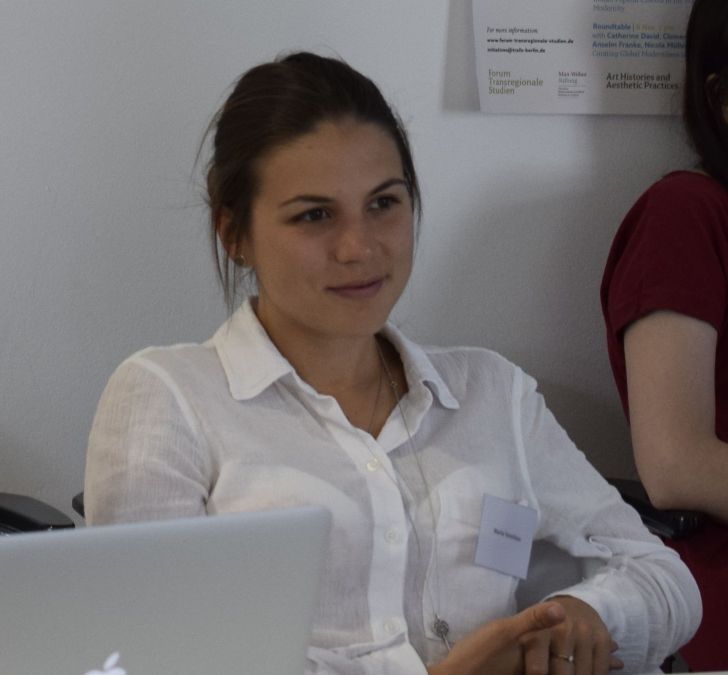While Walker and other adepts of structuralist approach look at the military conflict in Ukraine through the prism of actions of the large geopolitical actors such as Russia, the European Union, and the United States, – the case study of Ukrainian grassroots digital fact-checking project illustrates the benefits of constructivism, which recognizes the agency of Ukrainian people in acting upon the so-called Ukrainian crisis. The case study of Ukraine's 'digital civil society' showcases how new media can be used not only to challenge the state (as we witnessed in the case of the Arab Spring) but rather to support the state when necessary for the public good, turning pro bono professionals and ordinary citizens, who support digital civic initiatives by donating money or volunteering, into active participants of the state-building process in post-Maidan Ukraine.
Ukraine’s Digital Civil Society Against Russian Propaganda: Whose Story Will Make History?
The talk was held in the framework of the Prisma Ukraïna Workshop “When the Muses are not silent: Intellectuals’ and Artists’ Responses to the Ukraine-Russia Conflict and post-Maidan Developments in Ukraine” in Berlin on 19 June, 2018.
The propagandist narrative of the 'failed' and 'illegitimate' Ukrainian state, actively spread by Russia-controlled media outlets following the Maidan Revolution, has facilitated Russian invasion of Crimea and contributed to the outburst of the military conflict in the east of Ukraine. Yet, unexpectedly, the answer to Russian propaganda came not from Ukrainian state, but from Ukraine's civil society: in March 2014, young Ukrainian journalists and students from Mohyla School of Journalism created digital civic initiative StopFake.org, fact-checking and debunking Russian propaganda and disseminating refutations to the territories uncontrolled by Ukrainian government.


